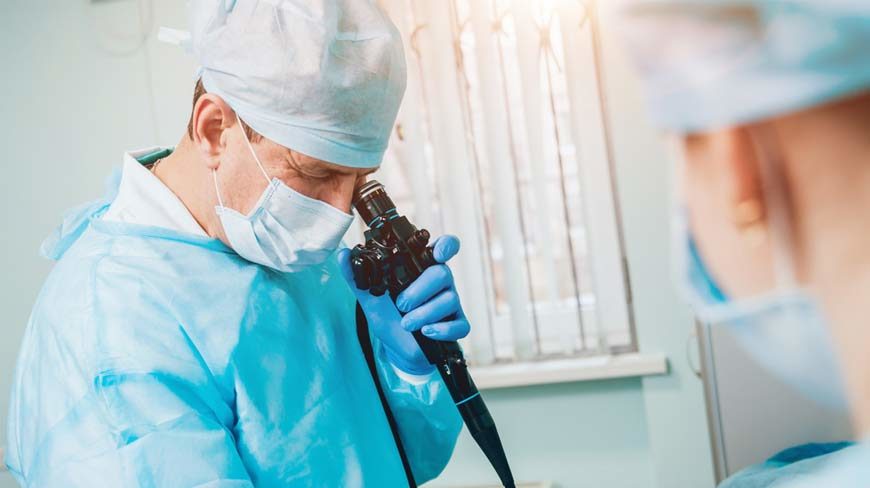Do You Need an Endoscopy?
There are many reasons why your gastroenterologist could recommend an endoscopy. Maybe they saw something concerning in your personal or family health history. Maybe you are suffering from certain, unexplained symptoms. If you’re at risk for certain types of disease or feeling unwell, you may be wondering, “Do I need an endoscopy?”
Do you need an endoscopy?
An endoscopy is a non-surgical diagnostic procedure. Your gastroenterologist will be able to examine the lining and walls of the entire gastrointestinal (GI) tract, from the esophagus to the rectum. An endoscopy can diagnose and treat a range of health issues.
During a traditional endoscopy, an endoscope is inserted into either the throat or the rectum and guided through the body. An endoscope is a thin, flexible tube with a light and a camera at the end. The light and camera allow your gastroenterologist to see the lining of your GI tract and look for lesions, bleeds, and other problems. There are several types of endoscopy.
One type of endoscopy is a colonoscopy. During a colonoscopy, your gastroenterologist examines the colon and rectum. They are looking for polyps and signs of colorectal cancer. It is recommended that people start getting colonoscopies when they’re 45 to 50. People who are at high risk for colorectal cancer should begin screening sooner.
What can be discovered during an endoscopy?
There are three main purposes for an endoscopy:
- To screen for and prevent cancer. During a colonoscopy, your gastroenterologist and their team will look for polyps. It’s common for polyps to develop within the colon and rectum. These polyps can be benign or precancerous.
- To diagnose a disease or find the cause of symptoms. Your gastroenterologist will examine the lining of the intestinal tract. They are looking for growths, tumors, and other abnormalities. Certain digestive problems can be detected during an upper endoscopy.
- To provide treatment. Some disease indicators, like polyps, can be addressed during an endoscopy.
Who should get an endoscopy?
Your gastroenterologist may recommend an endoscopy if you are experiencing:
- Unexplained abdominal pain
- Bowel changes
- Chronic heartburn or chest pain
- Signs of an intestinal bleed or obstruction
- Blood in the stool
If you have a family history of colorectal cancer or a personal history of colon polyps, your gastroenterologist may recommend a colonoscopy.
If you have no symptoms, no personal history of polyps, and no family history of colorectal cancer, you should begin getting colonoscopies by the time you are 45. A colonoscopy is the best tool for the early detection of colorectal cancers. Polyps found during a routine colonoscopy can be removed immediately.
If you have any of the symptoms listed or are at high risk for colorectal cancer, it’s important to seek treatment. Schedule an appointment today.


